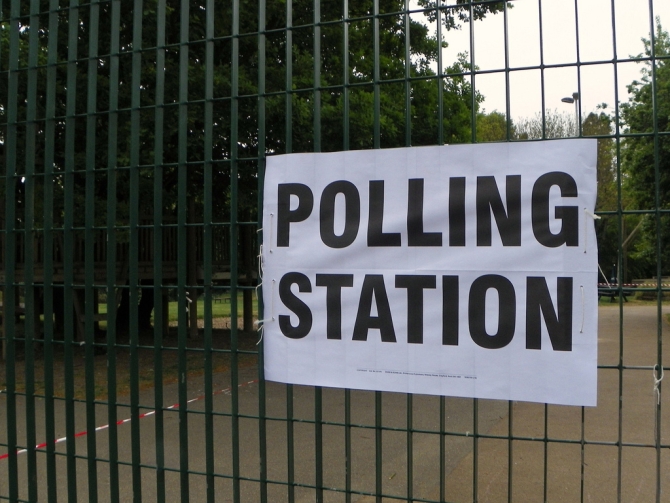Any period of adjustment following Scotland’s independence could have a serious long-term effect on the Irish economy, economists in both countries have warned.

With around one-million voters still undecided and the turn out for the 18 September referendum expected to be as high as 80 per cent, Ireland’s business leaders are already making plans should Scotland decide to cut its 307-year-old union with England.
Enterprise Ireland says its member companies exported more than £214m in goods and services to Scotland last year. “But the true value of Irish trade with Scotland is likely to be much higher,” explains Stephen Kinsella, of the University of Limerick.
“Decoupling from a massive economy, just as Ireland did, causes problems of adjustment especially if the new country undergoes a period of austerity as it adjusts to its new economic realities,” added the economist.
Other factors likely to plunge Scotland into a period of austerity after a “yes” vote include the establishment of a new currency and whether to join the European Union. “Wages will shoot up artificially or the structure of the economy will change, or it could get itself into a lot of debt — all of which will hammer the Irish economy,” cautions Kinsella.
The ripple effect of Scottish independence is likely to put little immediate pressure on Ireland’s business community, says Stirling University economist David Bell, who predicts any serious damage will be “medium to long-term”.
“The UK is committed to keeping its corporation tax at around 20 per cent, while Ireland is at 12 per cent,” he explained. “It’s likely Scotland would want to end up somewhere in between.
“I’m not convinced Ireland would lose its advantage in the short-term, but foreign direct investment is about more than corporation tax … It’s about skills and infrastructure and other things which make a business tick.
“There’s not much between the two countries in terms of infrastructure, but Scotland probably has better universities at the top end, so we would have to see over the long-term what the impact would be on Ireland’s business economy.”
It’s also unlikely that companies in England could take up much of the slack. One City of London analyst has already advised Irish businesses to start looking to Europe long before next month’s referendum.
“The euro-market is huge, especially among former Eastern Bloc countries seeking closer ties with the EU,” said Pete Stabler. “That is where Ireland should be looking, with or without Scotland.”
As the referendum draws closer, Scottish businesses remain divided over the issue.
On Tuesday a letter from over 130 business leaders was published in the Scotsman arguing that the case for independence “has not been made”. The signatories included Douglas Flint, the chairman of HSBC, and Audrey Baxter, the chief executive of Baxters Food Group.
In response more than 200 Yes supporting business figures have signed an open letter claiming that independence is in Scotland’s economic interest. They include former RBS chairman Sir George Mathewson, and Stagecoach chairman Sir Brian Souter.
Previous Post
Tesco Market Share continues to Drop